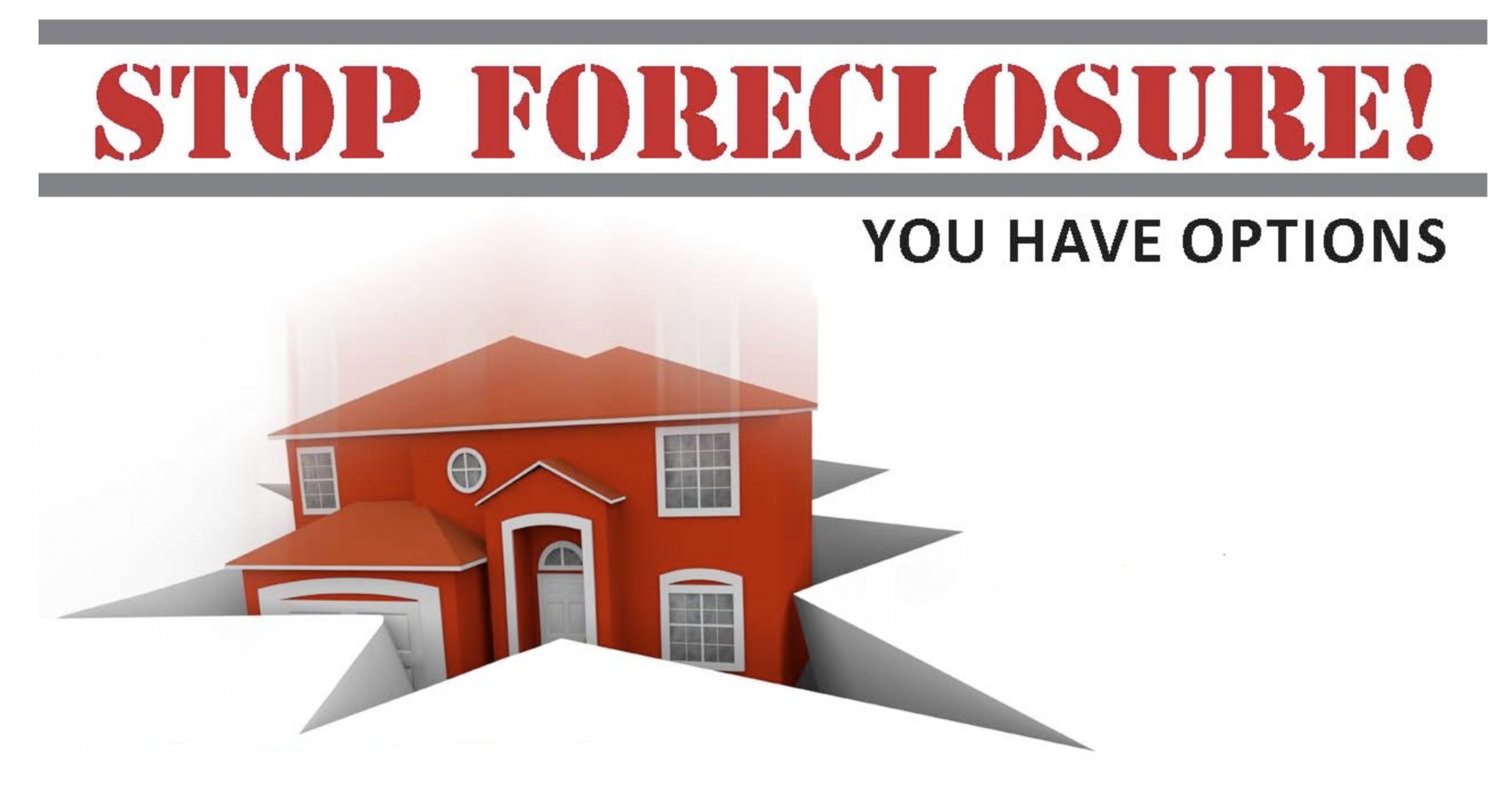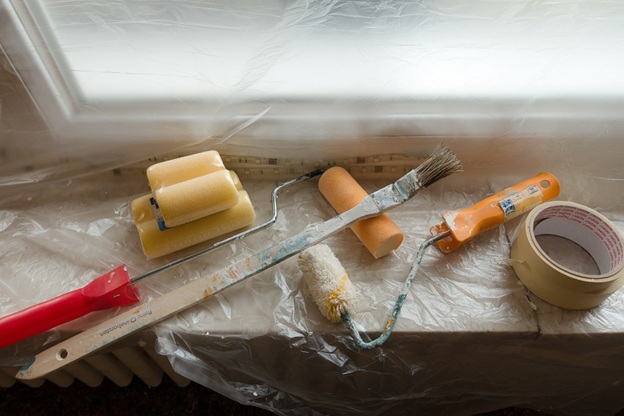For seniors looking for a new venture, house flipping offers a compelling blend of creativity…

Are you asking yourself how to stop foreclosure? If you’re struggling to make your mortgage payment, you’re not alone. There are many who never expected to find themselves struggling to make their monthly mortgage.
Recent Harvard research indicates that almost 40 million Americans live in houses they can not afford. The study defined home affordability by people’s ability to pay 30% of their income or less on the cost of housing. The study also found that wages have not increased to keep pace with soaring home costs.
The foreclosure process is expensive and time-consuming. In most cases, neither the bank nor the homeowner wants to go through the foreclosure process. If you want to stop foreclosure, you have options.
What Happens When I Default On My Mortgage?
If you are more than 30 days late with your mortgage payment, you will receive a late notice from your lender. This notice will likely have a late fee charged to your account. The lender will also notify the credit-reporting agencies and your credit will take a huge hit. Just one past due payment can jeopardize your ability to qualify for future credit.
There may be other default-related charges. Your mortgage company holds the deed to your home and as it is technically their property until the mortgage is paid in full, they can use many options to safe-guard their investment.
Facing Foreclosure
If you want to stop foreclosure, you will need to be proactive. There are several steps you can take to avoid foreclosure and save your home. These options take effort, sacrifice, and knowledge on your part.
Despite being the legal owner of your home, you may be surprised to know that your lender does not want you to default on your home loan. It may seem that they do, when you start receiving past due notices and phone calls, but in most cases, the bank wants you to pay your mortgage or bring it up-to-date.
What You Can Do To Stop Foreclosure
Options to consider when you are behind on your mortgage include:
- Reinstatement. Contact an agent at your mortgage company and ask to negotiate payment of the defaulted loan. This choice works well for people whose financial struggle is temporary. You can negotiate the amount you will pay and the date that you will pay it to bring the loan current.
- Repayment Plan. If you can’t afford to pay a lump sum to bring your mortgage current, ask an agent at your bank if you can set up a payment plan. This will allow you to pay back your delinquent payments and fees over time, while still making your established monthly mortgage payment.
- Forbearance. A forbearance suspends your mortgage payments for an agreed-upon period. When you begin to make payments again, your loan is either extended for a longer term or the bank adjusts your monthly mortgage to include the amount in default.
- Loan Modification. You may also negotiate with your lender to modify the loan terms. You can negotiate for a lower interest rate, extending the length of the loan, or adding missed payments into the loan. A loan modification may allow you to reduce you loan by forgiving missed payments or cancelling default fees.
- Bankruptcy. In some cases, you can stop foreclosure with bankruptcy. Chapter 13 allows you to reorganize your debts, and you may be able to keep your home.
You Have Options
Facing foreclosure is not easy. You should remember that you always have options and there are people who can help you sort through the tangle of late payments, statements, and phone calls. For additional information to help you stop foreclosure, you can visit the FTC’s consumer information site.


